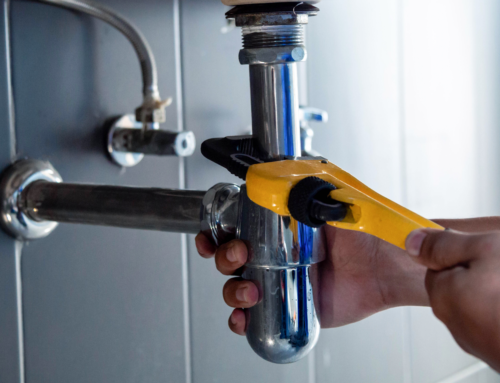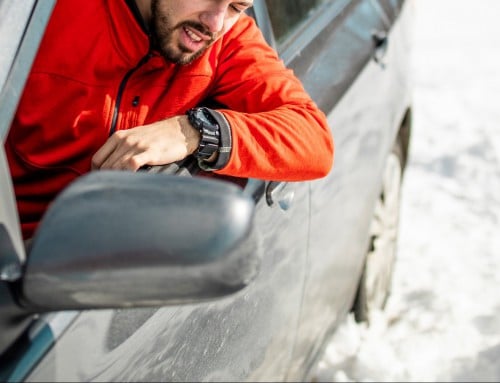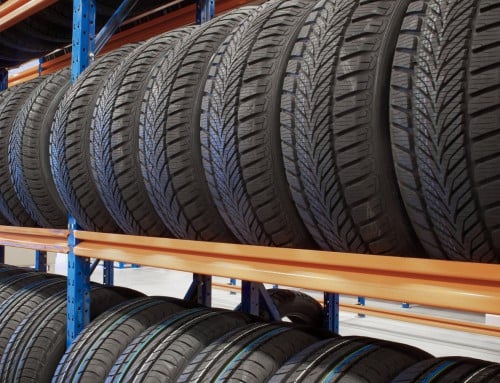The good news is the holidays are just around the corner. The not-so-good news is that it’s also the start of the winter season and the time when melting snow can lead to flooding and water damage.
We’ve put together a list of some of the different types of water damage and how you can go about preventing them.
- Sewer back-up: To prevent water damage from sewer back-up, ensure that the main waste water pipe is fitted with a backflow valve (mandatory in many municipalities). While this valve will considerably reduce the risk of damages, it does need to be inspected and verified on a regular basis preferably by a qualified plumber.
- Ground water infiltration: A sump pit drainage system includes a sump pit, a sump pump and a discharge pipe. The sump pit, set into the basement floor, collects water from the weeping tiles around the basement while the pump eliminates the water to a safe location. Again, regular maintenance and tests will ensure that the sump pump remains in good working order. If you’re in an area where power outages are frequent or with past histories of high water levels, consider installing an emergency generator so the pump remains ready to operate at all times, or installation of an emergency (battery operated) automatic back-up pump system (available at hardware/renovation retailers).
- Roofs: Flat roofs use roof drains to evacuate water. These drains should be inspected annually and cleaned of any debris or sludge. The roof deck and membrane should also be inspected for any abnormalities or leaks. For sloped or hip roofs, schedule a regular inspection of the shingles. A snow clearing/de-icing program will reduce the risk of infiltrations as well as roof snowload collapse (this should be done by professionals).
- Water heaters: Water heaters don’t last forever. Corrosion will eventually damage the tank, leading to leakage. This can be reduced by installing the water heater in a tray or drip pan, which can be drained to a safe location. Avoid unpleasant surprises and set a replacement date before the first signs of trouble appear. Water heaters should be thoroughly inspected after 10 years of use. In fact, it’s recommended to replace tanks after this time period (or even sooner depending on the mineral content of the water).
- Overflow of sinks: Overflowing sinks can cause extensive water damage, a result of either blocked/slow drains or by leaving taps running over an extended period of time. A simple inspection of the premises at closing time will eliminate this risk.
If water damage is big concern for you, you can also invest in an automatic system that detects water leaks/flooding. The detector will either shut off the main water valve or be connected to your existing alarm system (local or with remote supervision). A simple system, marketed mainly for residential use consists of a wireless water and flood detector with local alarm or connected to a telephone receiver/dialer system (available at hardware/renovation retailers).
With proper preparation, you can control for water damage and protect your property and possessions before it’s too late.






